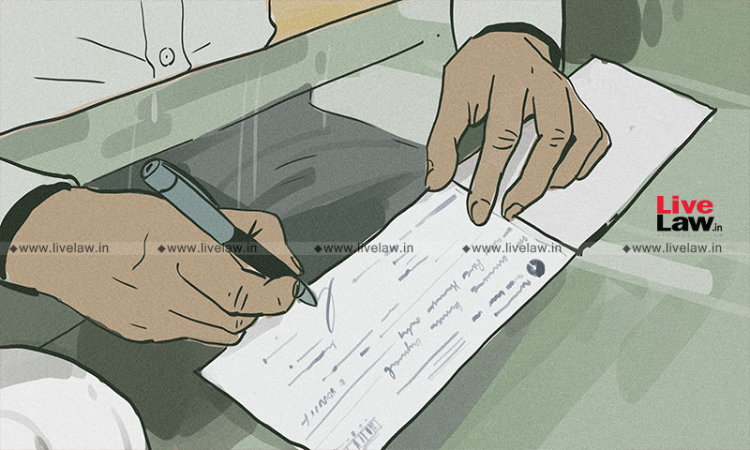Complaint U/S 138 NI Act- "Accused Can Be Summoned Even On The Basis Of Affidavit Filed By Complainant": Allahabad HC
Sparsh Upadhyay
10 Dec 2021 9:45 PM IST

Next Story
10 Dec 2021 9:45 PM IST
The Allahabad High Court on Wednesday observed that in a cheque bounce case for insufficient funds (Section 138 Negotiable Instruments Act), even on the basis of affidavit filed on behalf of the complainant, an accused can be summoned by the Court.The Bench of Justice Sameer Jain further held that in such cases, there is no need for the Magistrate to record statements of witnesses under...
